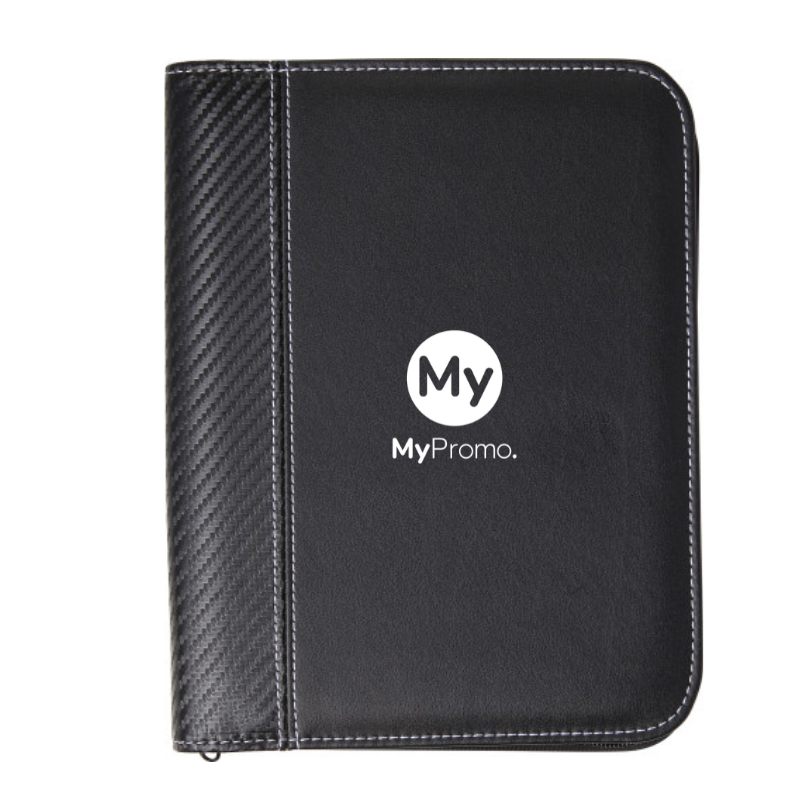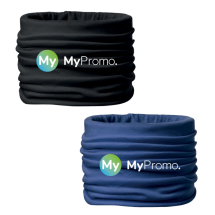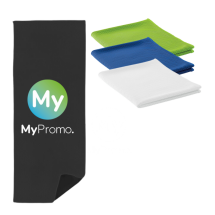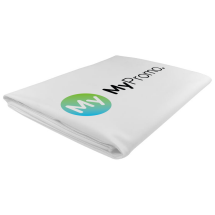Microfibre
What is microfibre?
Microfibre is a highly innovative synthetic material, typically made from polyester, nylon, or a combination of both. Each fibre is finer than one denier or decitex/thread, which is even thinner than silk. This advanced material was first developed in Japan in the 1970s and has gained immense popularity across various industries due to its exceptional characteristics like softness, strength, and absorbency. Microfibre is particularly valued for its versatility, finding uses in everything from high-performance clothing to household cleaning products and beyond.
The remarkable properties of microfibre
Microfibre is distinguished by several key properties:
- High Absorbency: Microfibre can absorb up to seven times its weight in water, making it ideal for cleaning cloths and mops.
- Electrostatic Properties: Its ability to attract dust and small particles helps in cleaning applications.
- Durability: Resistant to stretching and shrinking, microfibre maintains its shape and strength over extensive use and washes.
- Softness: Comparable to natural fibres like cotton or silk, providing comfort in clothing and upholstery.
Practical applications: from everyday items to customised gifts
Microfibre's adaptability makes it suitable for a broad range of products. In the textile industry, it's used for athletic wear due to its moisture-wicking properties, enhancing comfort during physical activities. Home furnishings like personalised microfibre towels , cleaning cloths, and bedding benefit from its absorbent and soft nature. In the automotive sector, microfibre is preferred for car seat covers and cleaning towels because of its ability to clean without scratching surfaces.
Promotionally, microfibre is ideal for personalised gifts such as custom-printed cleaning cloths for glasses and screens, microfibre towels for sports, and even detailed prints on microfibre bags and pouches. These items are not only practical but also allow for vibrant colour representation, making them popular in marketing and promotional activities.
Comparing microfibre with other textiles
When compared to materials like cotton or wool, microfibre offers superior durability and water absorption, making it more efficient for cleaning and less prone to wear and tear. However, microfibre's synthetic nature may not provide the same breathability as natural fibres, which can be a limitation for certain clothing applications.
Potential challenges and limitations
Despite its many benefits, microfibre faces challenges such as environmental impact. The microplastic particles it can release during washing pose a concern for water pollution. Manufacturers are exploring more sustainable production methods and treatments to address these issues.
Common Microfibre Products in Various Industries
| Industry | Products Featuring Microfibre |
|---|---|
| Textile | Athletic wear, leggings, socks |
| Home Furnishings | Towels, cleaning cloths, bedding |
| Automotive | Car seat covers, cleaning towels |
| Promotional Products | Custom-printed cloths, microfibre pouches |
What is microfibre made from?
Microfibre is primarily made from polyester and nylon, sometimes combined to enhance specific properties such as softness and absorbency.
How do you clean microfibre cloths?
Microfibre cloths should be washed in warm water with mild detergent and without fabric softeners, which can clog the fibres and reduce their effectiveness.
Is microfibre environmentally friendly?
Although microfibre offers many benefits, its environmental impact, particularly regarding microplastic pollution, is a subject of ongoing research and discussion.
Can microfibre cloths be used on all surfaces?
Yes, microfibre is safe for most surfaces, including glass, stainless steel, and wood, due to its non-abrasive nature.
Why choose microfibre over cotton?
Microfibre is more absorbent, more durable, and dries faster than cotton, making it ideal for tasks requiring efficient moisture management and durability.





